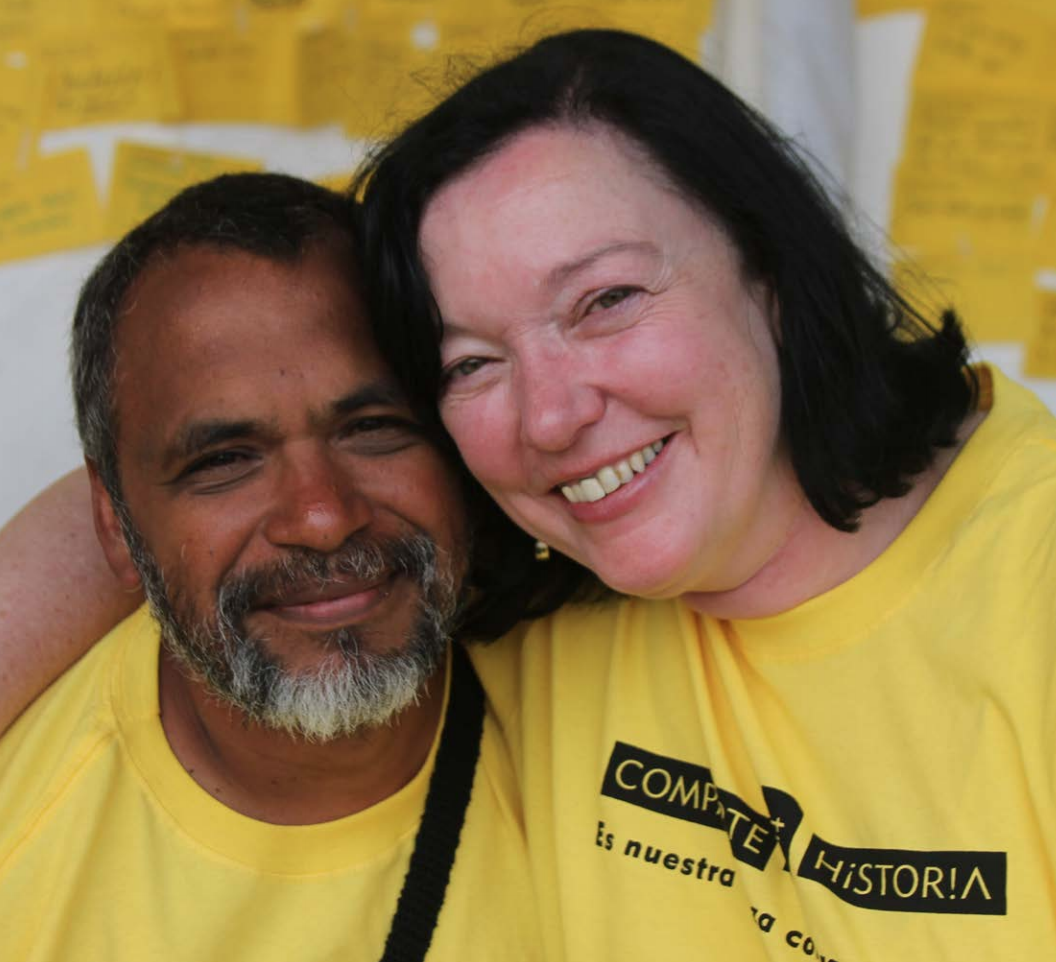An intimate connection with a partner can make you feel loved and supported as you go through your cancer treatment. But sexual side effects of cancer treatment can make resuming sex more difficult.
Find out if you're at risk of sexual side effects during and after cancer treatment and which treatments can cause these side effects.
It may simply take time for you to regain your sexual function after cancer treatment. While that can be frustrating, remember that if you had a positive and satisfying sex life before cancer, you'll likely resume that after your treatment.












